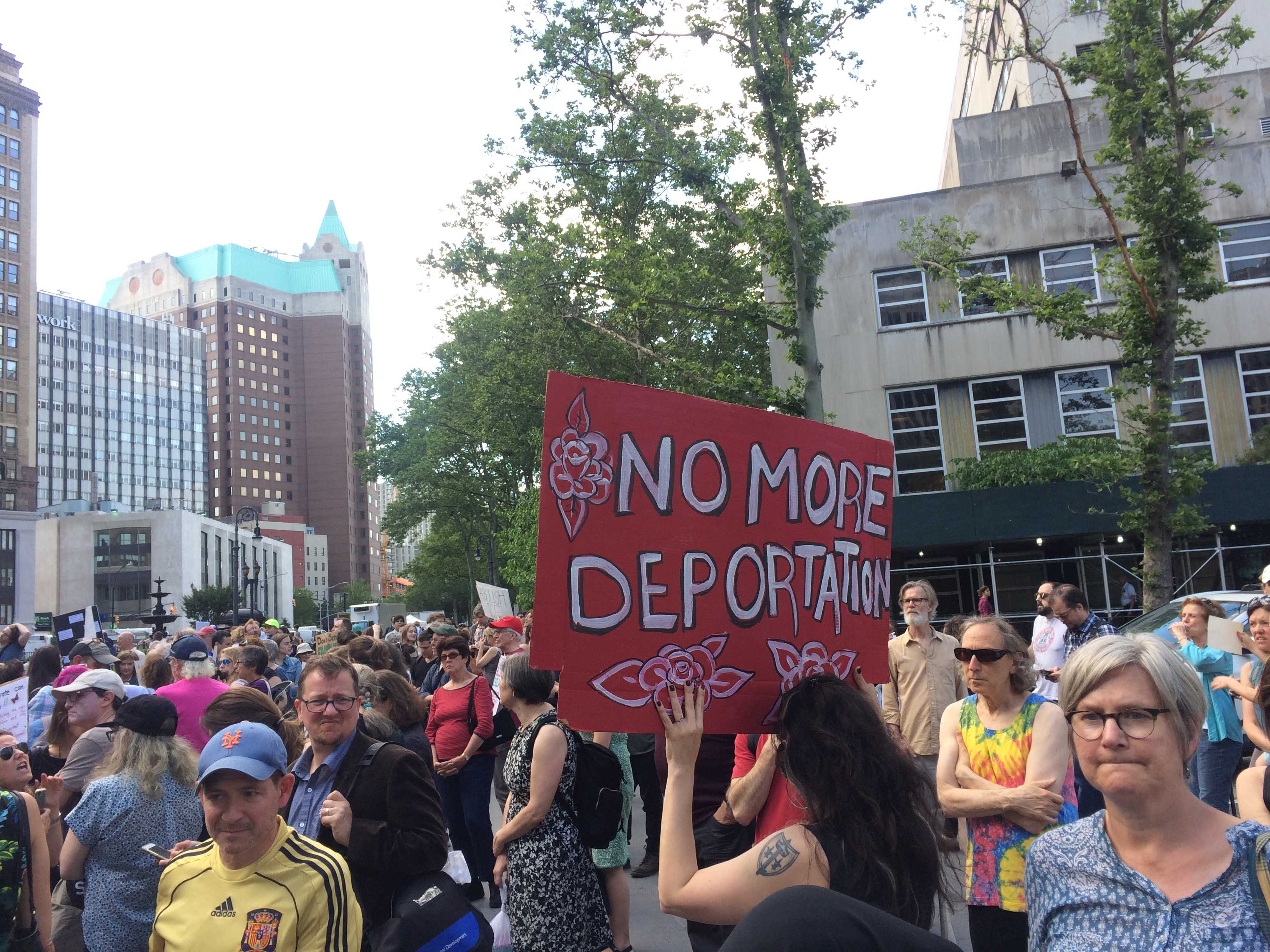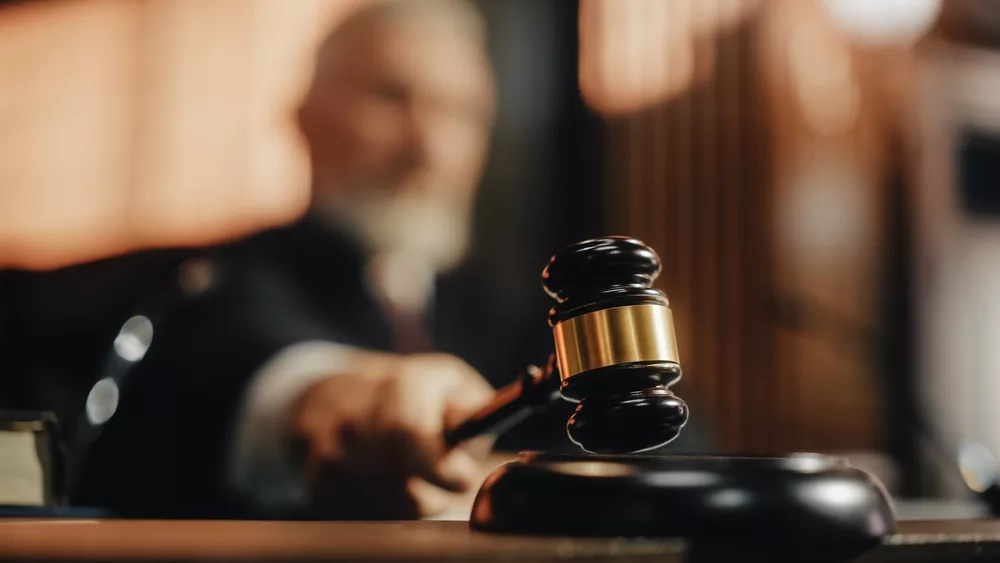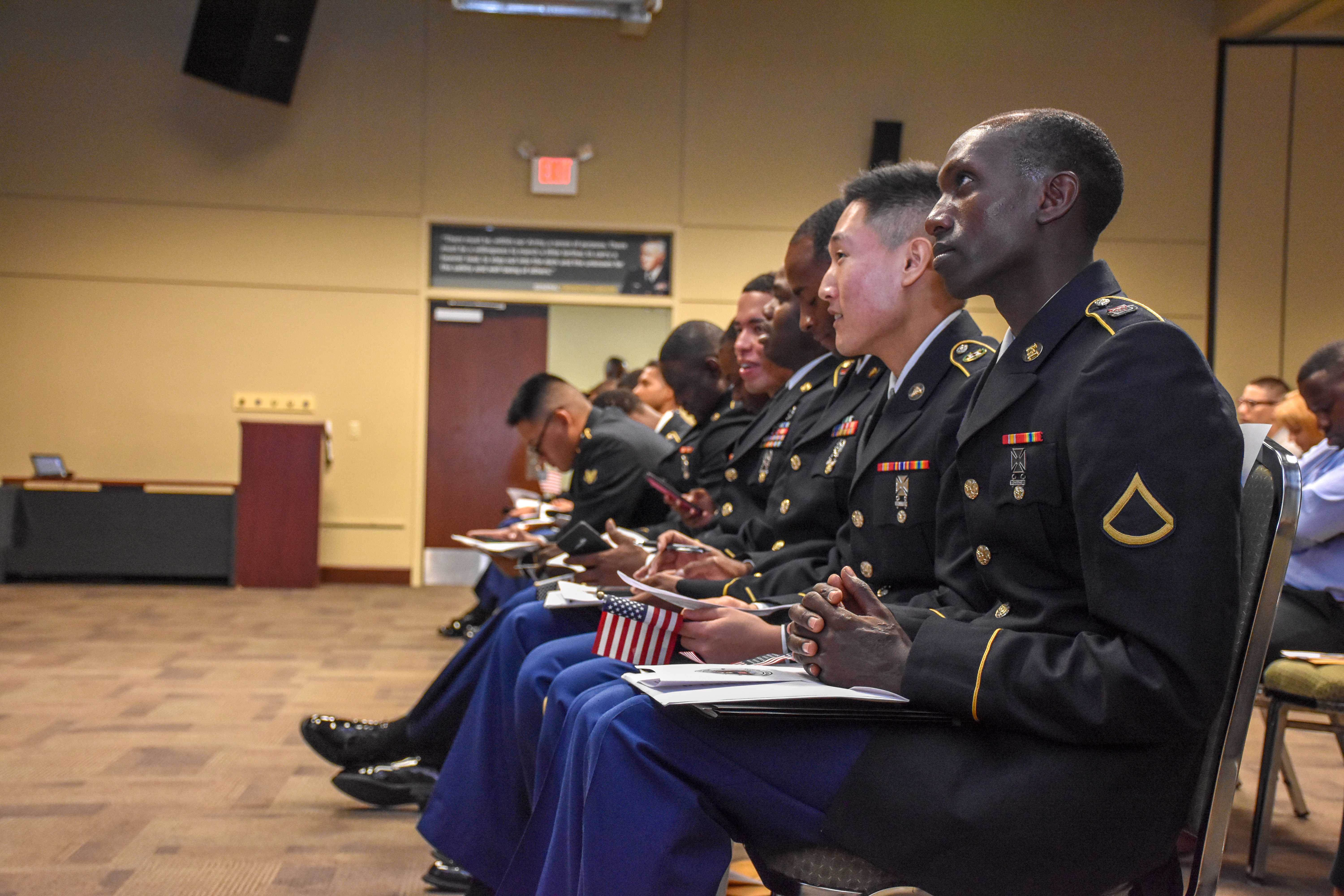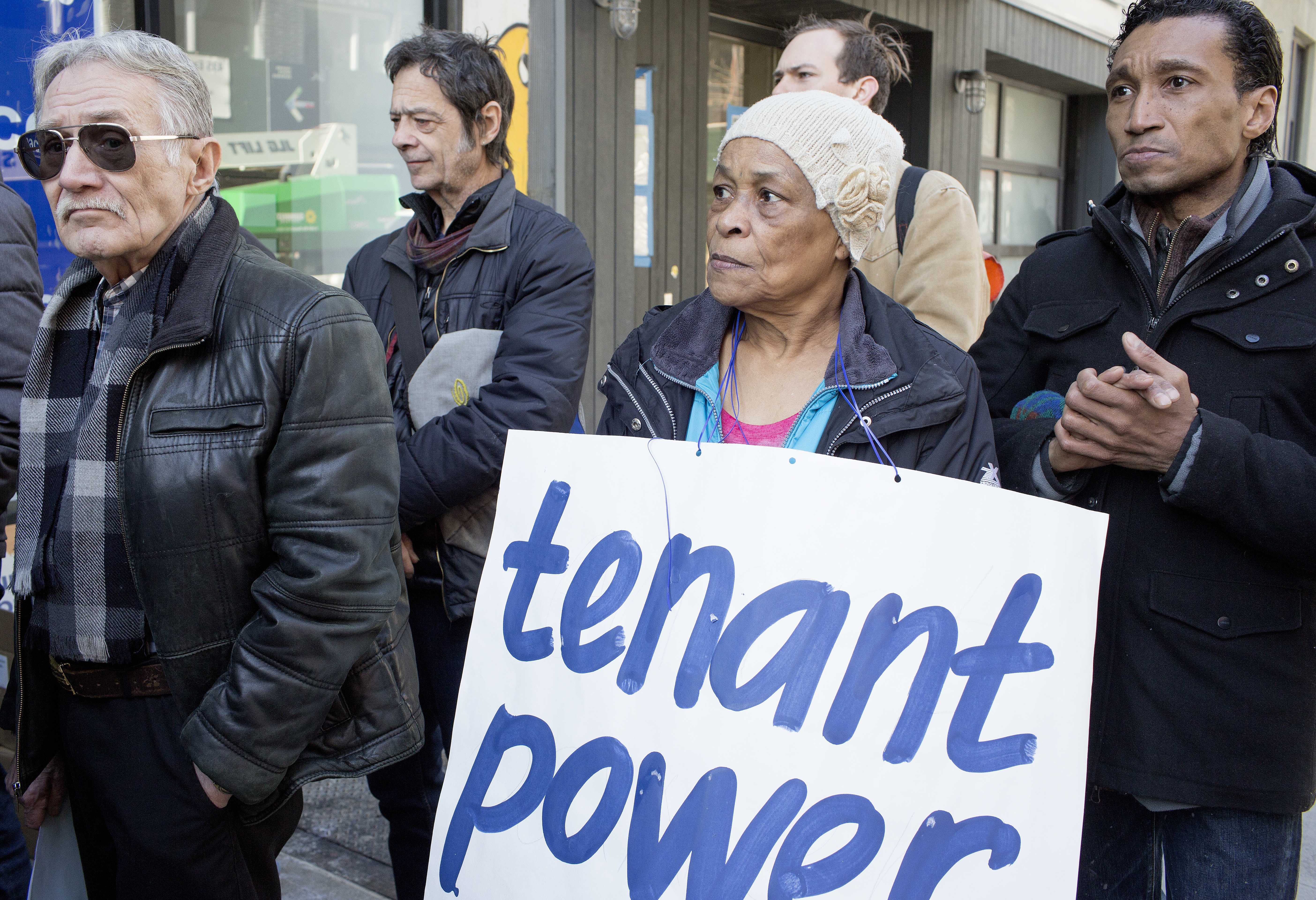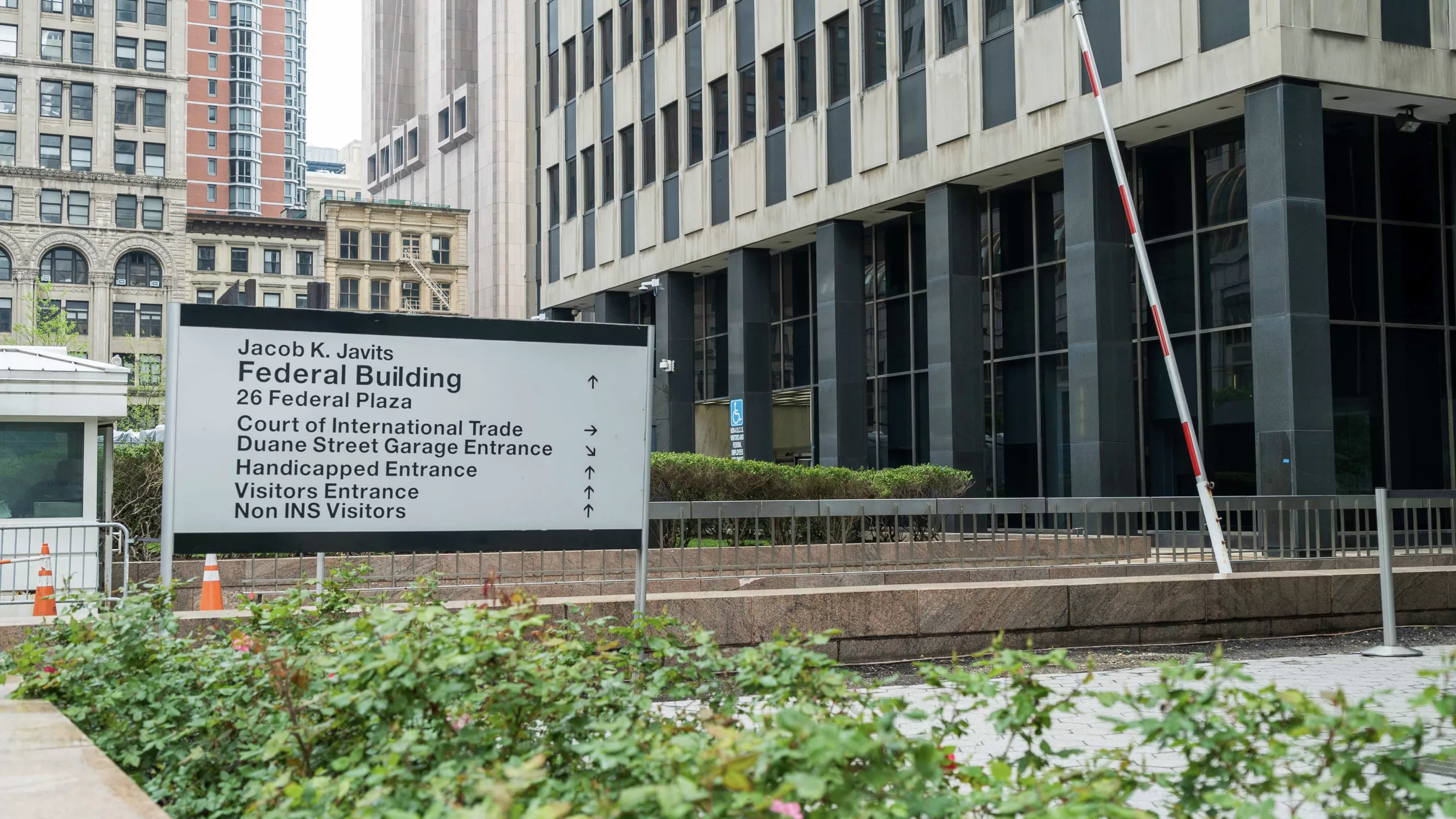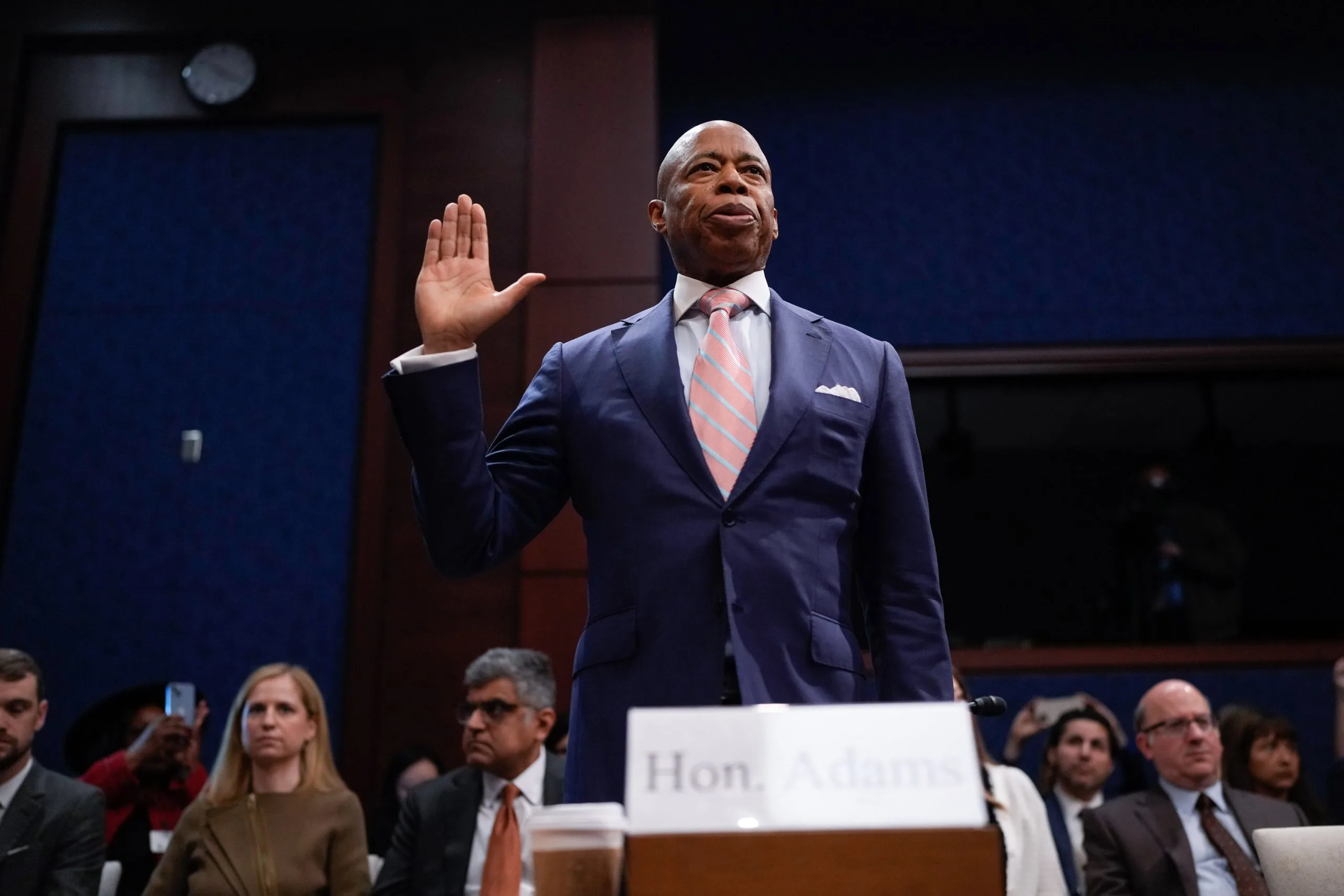Dozens of children who were separated from their parents remain in New York City as the government has deemed them ineligible for reunification with their parents, lawyers who are representing them told Documented.
Although a judge ordered the government to reunify all families who were separated due to the administration’s now-defunct zero-tolerance policy, federal authorities deemed hundreds of the children “ineligible for reunification.”
According to lawyers, dozens of those children currently reside in New York City in federally contracted shelters or foster homes. Some are in limbo as they wait for the government to reunite them with their deported parent while others have been shuttled out of New York City against their will.
In June, after the American Civil Liberties Union filed a lawsuit, San Diego federal judge Dana Sabraw ruled that the more than 2,500 children who were separated due to the Trump administration’s “zero-tolerance” policy must be reunited by the government by July 26. Following the court order, the government created a new subset of families: ineligible families.
Last week, it decided that 711 children were not eligible for several reasons, including the parent had waived their right to be reunified (lawyers argue that this often happened under duress and with misleading guidance from immigration officials), or they have been deported, criminally prosecuted or deemed abusive.
“The government unilaterally decided these children aren’t eligible for reunification,” said Anthony Enriquez, director of the unaccompanied minors program at Catholic Charities Community Services.
The Department of Homeland Security did not respond to a request for comment at the time of publishing. In court filings, the government’s lawyers argued the restrictions were placed to protect the children’s welfare.
On Thursday, in response to another court order, government officials updated the number to say 572 children remained separated from their parent and in government custody as they are ineligible for reunification.
Catholic Charities is currently representing a number of children whose parents were deported. In Thursday’s court filing, the government said the parents of 410 of the children who remain separated are not in the U.S.
The first step to helping these children, Enriquez said, is finding out where their parents are. Sometimes this is simply a matter of calling the child’s home in the country of origin; other times it involves investigative work. This includes looking up court records, detainee locators, checking to see if the parent was held in immigration custody or criminal custody. “Really doing the government’s job for it through public records searches,” he added.
During a Senate Judiciary Committee hearing on Tuesday, Jonathan White, an administrator with Health and Human Services, was asked what work the government was doing to find deported parents: “We are actively working to make contact with all of those parents,” he replied.
In Thursday’s court filing, after Judge Sabraw requested the government and the ACLU come up with plans to locate deported parents, the government requested the ACLU use its “considerable resources” and network of lawyers, NGOs and volunteers to find them, while the ACLU said, “the government must bear the ultimate burden of finding the parents.”
The lawyers in New York have mostly been successful in finding the parents but in order to reunify them with their children, they must file a voluntary departure. Unlike a deportation, this would not be counted against someone seeking asylum or a U.S. visa in the future and places the onus on the government to make arrangements to return them to their country of origin.
The Legal Aid Society was also representing about 70 children before last week’s deadline and, as of last week, approximately 10 of those were deemed ineligible for reunification.
According to Beth Krause, a supervising attorney at Legal Aid’s Immigrant Youth Project, one of the children is 2 years old.
The children Legal Aid is representing have been deemed ineligible for all the different reasons the government cited, including one child whose parent was deported.
“This is a very fluid situation,” Krause told Documented. “Often times when the government has told us one thing about a parent, a couple hours later we learn that’s not true and it’s a different situation. So it’s possible that we have more clients who have parents who have been deported than what we think.”
Before returning a child, Immigration and Customs Enforcement
determines if the parent should be charged with a crime or already has a “prohibitive criminal record” – grounds to make the child “ineligible for reunification.” The underlying charge could be illegal entry, which is what led to the separation to begin with.
In April, the Department of Justice announced that every person who does not cross the southwestern border at a legal border crossing would be prosecuted for illegal entry, under a “zero-tolerance” policy. Children were taken away from parents referred for criminal prosecution. In this instance, children were placed with the Office of Refugee Resettlement which sent them to its network of shelters around the country.
President Donald Trump signed an executive order ending the policy on June 20, after a fierce global backlash.
Some parents have decided that they do not wish to be reunited with their child because they are set to be deported or have been placed in indefinite detention. Some children also would rather not join their parents in a family detention center for an indefinite period.
“When we’re advising our clients we have to ask them, ‘Hey, you said you wanted to be reunified with your mom. Do you still want to be reunified if it means that you will be sent to jail for an indefinite period?’” Enriquez said.
Safe Passage Project has represented more than 60 separated children, between the ages of five and 17, who were in New York City at some point in the last five weeks, said Gui Stampur, deputy executive director and co-founder of Safe Passage.
The not-for-profit filed a habeas petition in the Southern District of New York on Friday to request that the government provide them with adequate notice, clarification as to their intent for the child, the opportunity to consult with the parents, and for the parents to be produced before any transfer out of New York takes place.
Some kids were being plucked and moved to other states with little regard for their wishes, including being sent to federal detention.
“Our main concern is that kids are not moved against their wishes and that we preserve what our clients want and what is in their expressed interest,” said Stampur. “The government was not previously providing specifics on where our clients were being sent, what they intended to do with the child, and moving children against their wishes.”
All of the lawyers defer to the children on what would be the best recourse for them but some of them are too young to provide adequate guidance, Enriquez from Catholic Charities said. In this instance, according to American Bar Association guidance, the lawyers pursue reunification.
Enriquez said the government is aware of the location of the parents who have been deported as they have shared this information with them, so there should no delay.
“Why is the government dragging its feet when we’ve given the information to them? We wrapped it in a bow and said, ‘Here you go. The only thing you have to do is arrange the flight.’”
